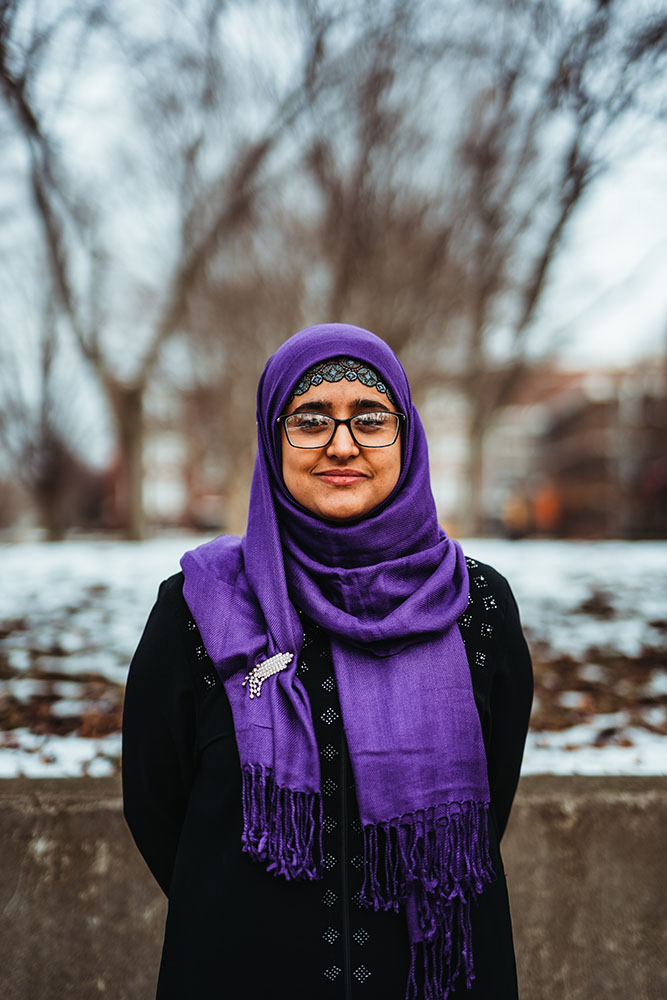This coming summer, there is a chance that I will be able to go to Yemen to visit my family. It has been thirteen years since I’ve seen my family there. I miss my grandparents, cousins, aunts, uncles and friends. The problem is, my parents have been saying that we will visit Yemen every summer since we came to America and we still haven’t been able to go; you can probably understand why I’m hesitant to get excited. The unfortunate reality is that today, Yemen is a war zone, and traveling there is difficult. To explain why, let’s do some time traveling to 2011, back to the beginning of the Arab Spring.
The Arab Spring took much of the Middle East by storm when widespread nonviolent protests broke out across the region, with common people vying for education, employment, and a better life. However, the Arab Spring wasn’t effective in Yemen. The people of Yemen did not have leaders like Dr. King or Mahatma Gandhi to lead them in this nonviolent protesting. Instead, they had authoritarian, dictatorial governments who led massacres against them, shutting the protests down. In Yemen, former president Ali Andullah Saleh formed an alliance with Houthi rebels to subdue the people. However, in 2012 the alliance broke, and Saleh stepped down from office, fearing for his life. His vice-president Abdrabbuh Mansur Hadi became the new President of Yemen. Over the next several years, more clashes occurred between the Houthis and Hadi. In late 2014, the Houthis toppled the government and took over the capital Sanaa and most of the country’s northern region.The following year, Saudi Arabia formed a coalition consisting of Arab states to combat the Houthis and restore Hadi and the government of Yemen.
Now, six years later, Saudi Arabia is still fighting the Houthis on its southern borders, allowing the Houthis to consolidate their military power in Yemen. If we look deeper, Saudi Arabia’s main objective in Yemen is not to protect Yemeni people from the Houthis, but to build oil pipelines that extend to the Arabian Sea, to protect themselves incase Iran blocks the Hormuz Strait located between the Persian Gulf and the Gulf of Oman. We are talking about billions of dollars’ worth of oil for Saudi Arabia, and by extension, for the United States. To protect their own interests, the U.S. has provided billions of dollars of arms to the Saudi-led coalition fighting against the Houthis in Yemen. Since the start of the fighting in 2014, tens of thousands of Yemeni civilians have been killed in coalition airstrikes. This has led to the worst humanitarian crisis in the world, leaving millions of people, including my family, suffering from lack of food and medical care.
For example, my grandpa is currently in Egypt, where he is receiving medical care that isn’t available in Yemen. Over the years, his eyesight has degraded because of his high blood pressure, which caused the blood vessels in the retina to be damaged. He can no longer see from his left eye. Doctors in Yemen attempted surgery, but it failed. Leaving for Egypt saved my grandpa’s right eye.
There are other players involved in the conflict of Yemen, like the United Arab Emirates (UAE). The UAE’s main objective is to divide Yemen into South and North Yemen because they want to use the South of Yemen as their own satellite state. Iran is also involved, as they are attempting to use the Houthis as a proxy force to serve as a strategic foothold for Tehran in the Arabian Peninsula. These countries share the objectives of money and land control, but neither is focused on saving civilian lives. Yemen’s people live in desperate poverty, and Yemen’s economy has been decimated by this war that has been waged by Iran, Saudi Arabia and the UAE, for which Yemen is the battleground.
Now you understand why traveling to Yemen is so difficult. The unpredictable war means that the Sanaa International Airport, where my family would normally arrive, is closed to commercial flights. This makes it difficult to travel because we would need to land in Aden, in Southern Yemen, and then cross the border into Northern Yemen, where my home and extended family are. On the ground there are bandits everywhere, because the war has degraded law and order. Despite these barriers, I miss my family very much. I’ve become used to each summer coming and going, and never getting a chance to return home. It is alright, because I believe someday I will.



